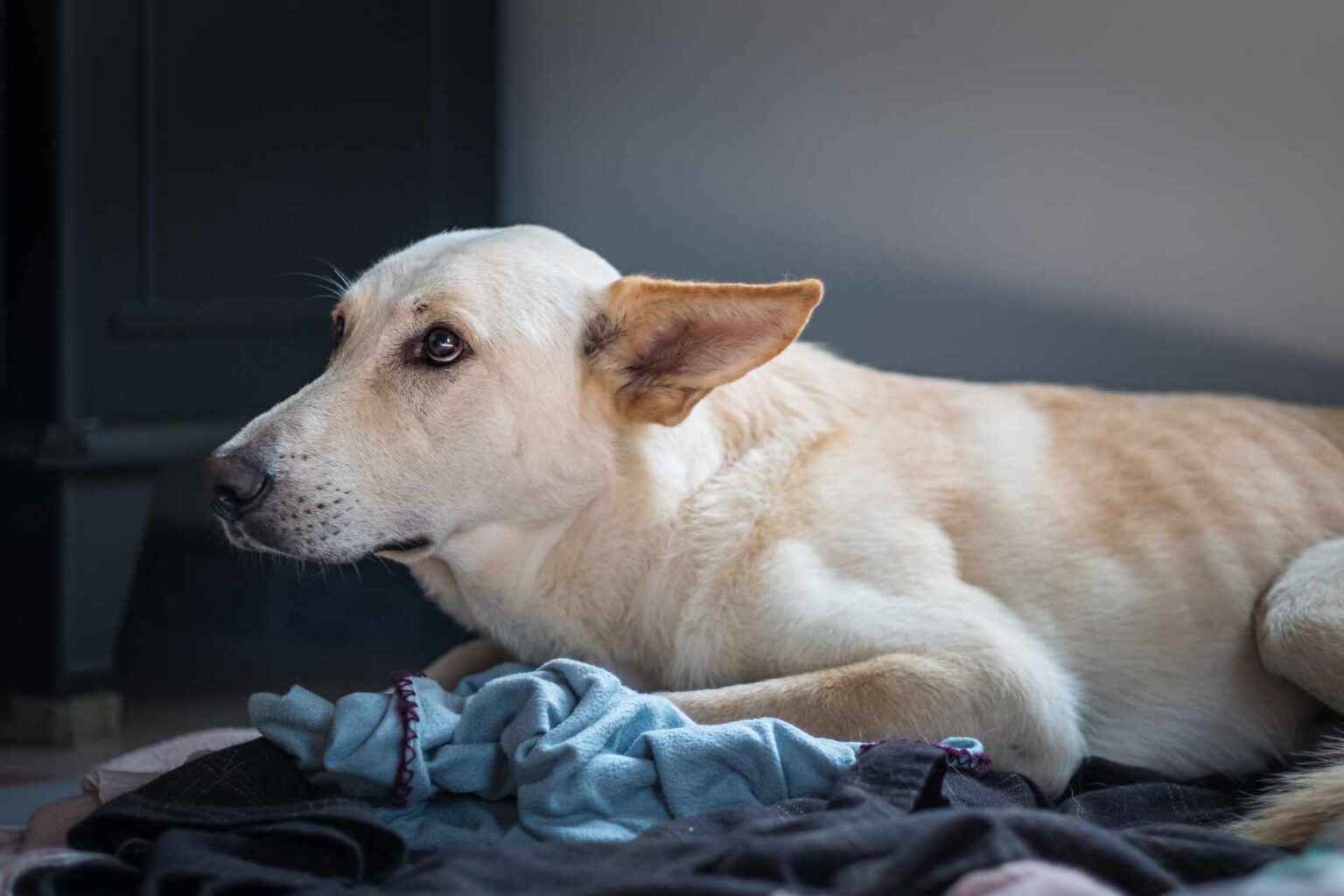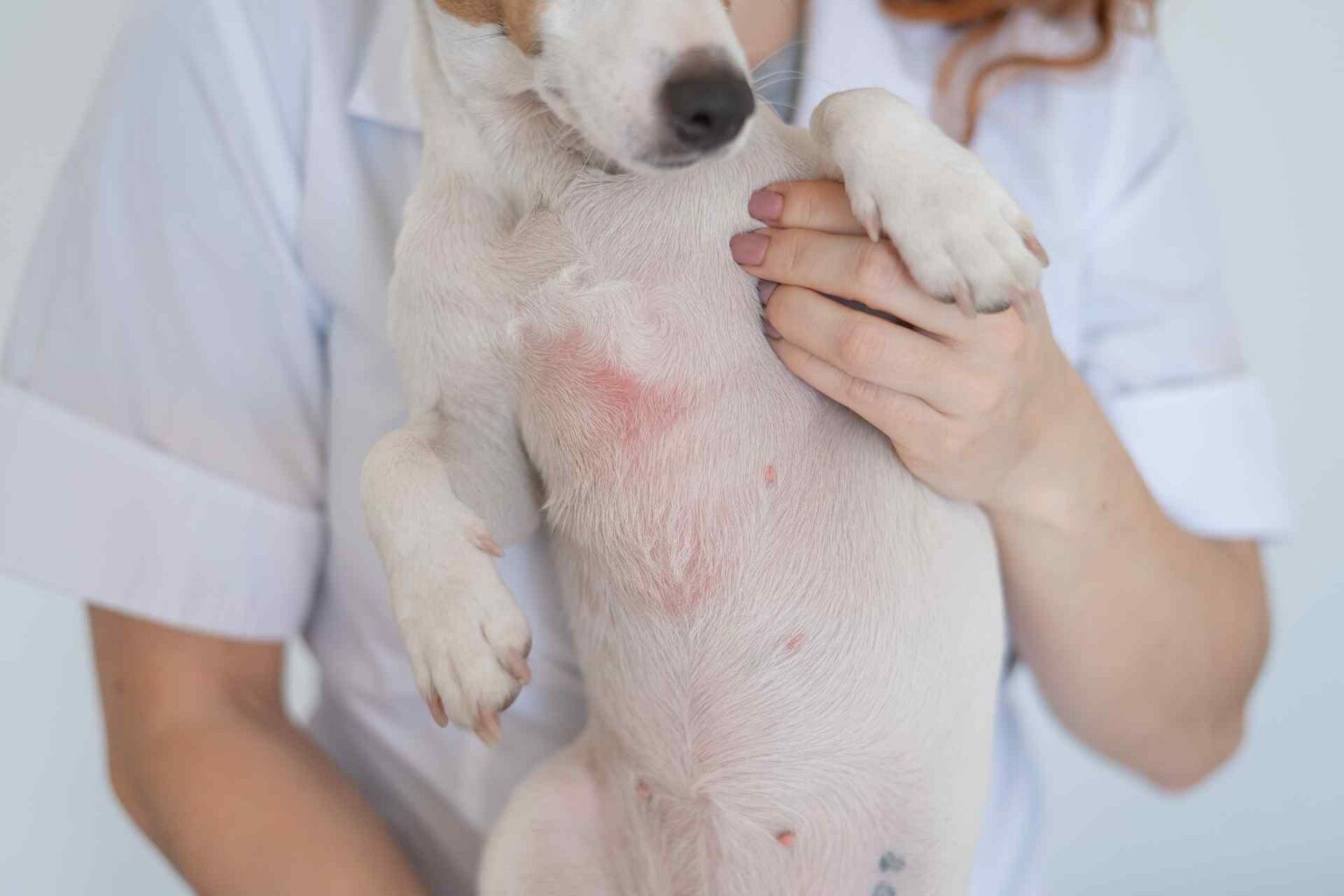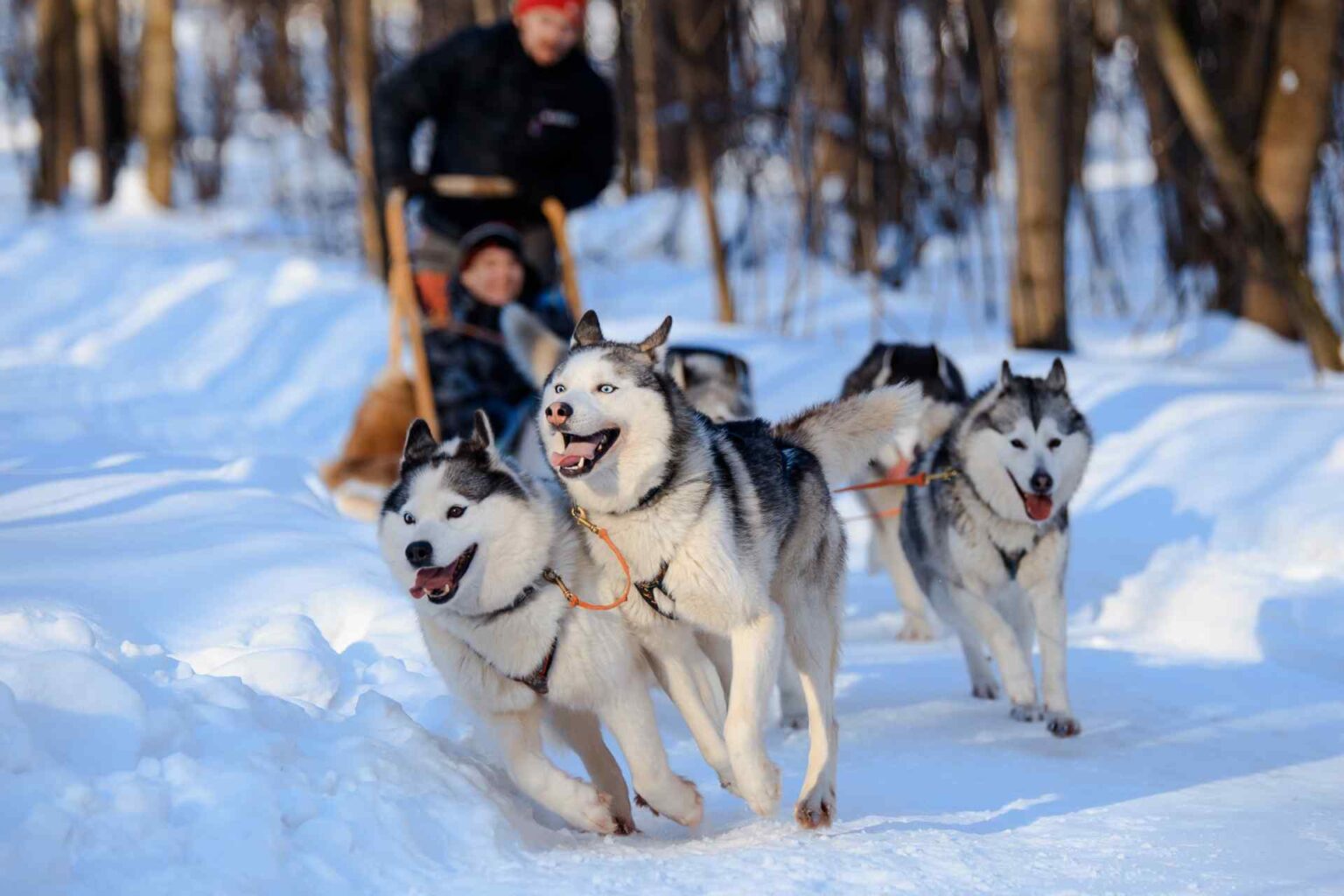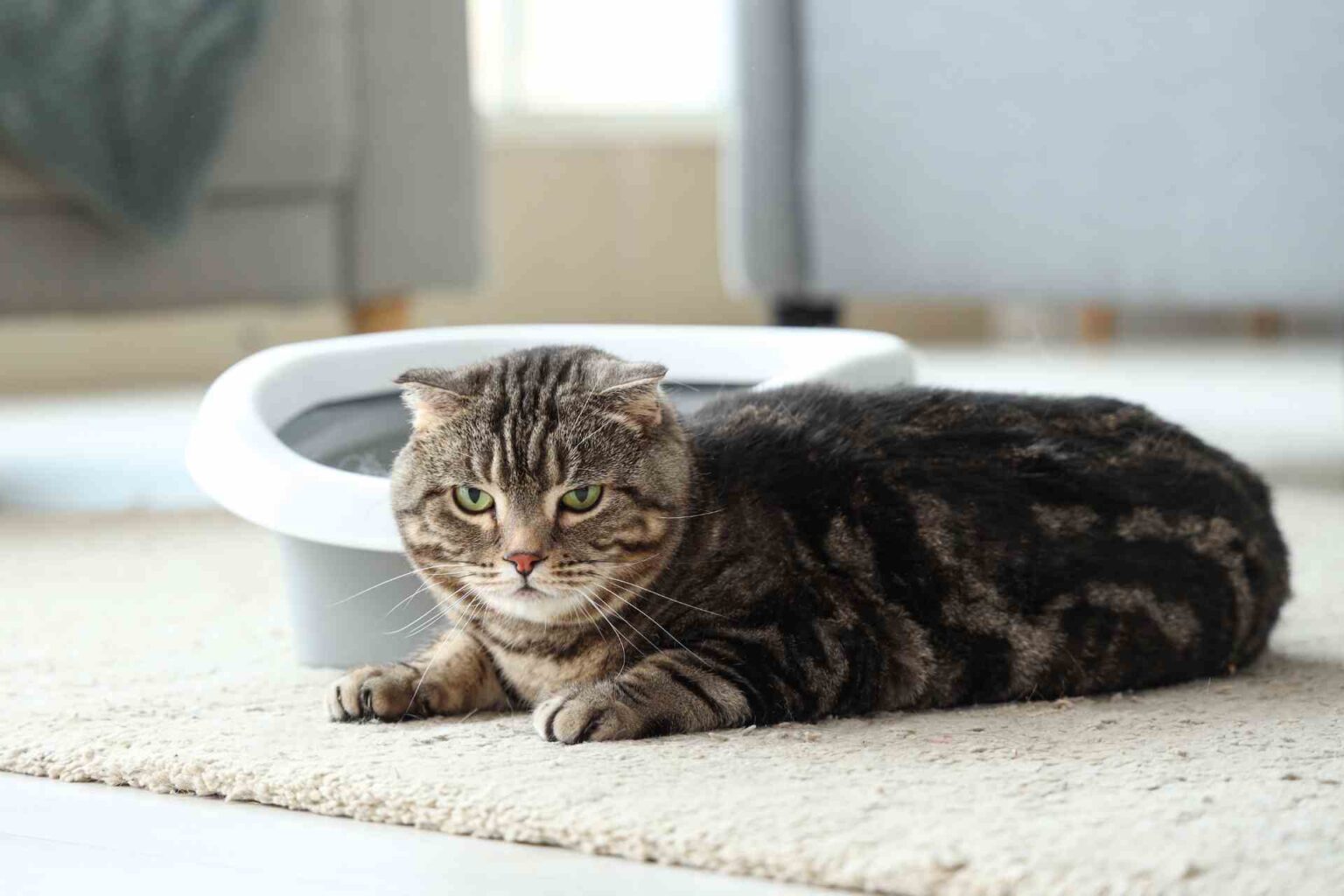The poster by a research team from the University of Teramo, which was also previously presented at the European College of Nutrition Congress in 2023, was resubmitted to the SCIVAC Congress this year as it focuses on a particular category of dogs subjected to one of the extreme sports: sled dogs.
The study examines the ability of a nutraceutical supplement to improve the frequently observed dysbiotic condition in sporting dogs after a period of training/racing.
Microbiotal® is a nutraceutical supplement composed of Lactobacillus reuteri NBF 1, butyric acid, polyphenols, inulin and FOS. The researchers administered one tablet (1.2 g) of Microbiotal® per 10 kg of animal weight. Fecal samples used for the experiment were collected from 20 healthy adult dogs at two specific times: before training and immediately after a training period. The animals were then divided into two groups (n=10 each): the group of dogs that received the supplement for three weeks (Microbiotal® group), and the group that was not given the nutraceutical (Control group).
Animal owners were asked to immediately freeze the collected fecal samples and send them to the laboratory; seven bacterial groups (Faecalibacterium, Turicibacter, Streptococcus, E. coli, Blautia, Fusobacterium, and C. hiranonis) were quantified by Real-Time PCR to assess the index of dysbiosis.
The fecal microbiota of the healthy dog shows the prevalence of Fusobacterium, Faecalibacterium, Turicibacter, Blautia, Fusobacterium, and C. hiranonis; however, when the intestinal microbiota is altered, a decrease in Firmicutes (e.g., Ruminococcaceae and Faecalibacterium) and Bacteroidetes is observed commonly associated with a concomitant increase in Proteobacteria (e.g., Escherichia coli) and Streptococcus. The results obtained from the Control group showed an increase in Streptococci and E. coli, which are considered enteropathogens, at the expense of beneficial bacterial species such as Faecalibacterium, Turicibacter, Blautia, Fusobacterium and C. hiranonis; the Microbiotal® group of dogs also showed an increase in enteropathogens(E. coli and Streptococcus), but the increase was less than that observed in the Control group. Dogs treated with Microbiotal® showed more beneficial bacteria such as Faecalibacterium, Turicibacter, Blautia, Fusobacterium and C. hiranonis in the post-training period. The changes found in the Control dog group are the same as those found during acute and chronic intestinal inflammation.
The bacterial changes found in the control group indicate an inflammatory process, a condition found only partially in the Microbiotal dog group; thus, even when taken for a relatively short period, the nutraceutical improved the condition of the microbiota during intense exercise by reducing the likelihood of developing diarrheal episodes during a training/race.
Reference
Benedetta Belà, Daniele Di Simone, Giulia Pignataro, Isa Fusaro, Alessandro Gramenzi. Effect of a new nutraceutical product on the intestinal microbiota of sled dogs. Proceedings SCIVAC International Congress 2024.











